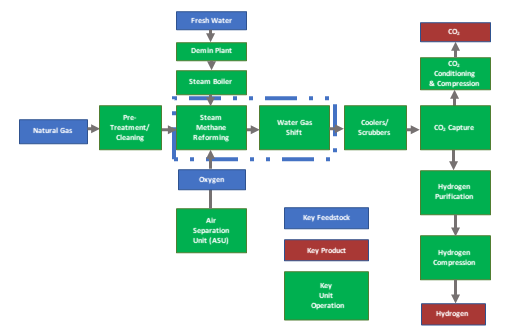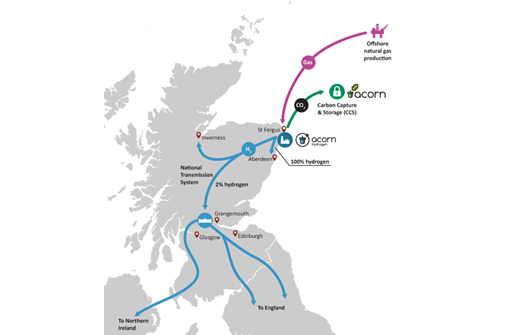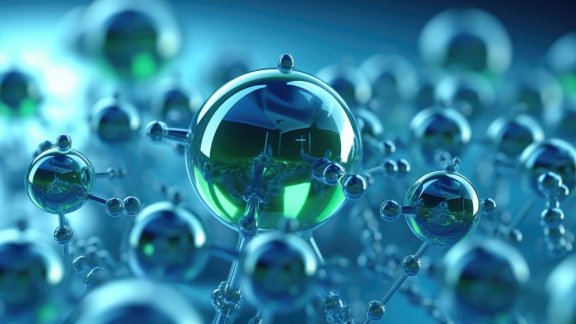OVERVIEW
Customer: Pale Blue Dot
Location: North East Scotland
CHALLENGE
The UK Government has committed to net-zero greenhouse gas emissions by 2050.
The Acorn Project is an ambitious initiative being developed by Storegga (through its subsidiary Pale Blue Dot), Harbour Energy, and Shell, to establish critical CCS and hydrogen infrastructure in North East Scotland, helping to deal with industrial CO2 emissions and other ‘hard to decarbonise’ sectors. The project will provide a clear pathway to support the UK to meet its net-zero targets.
UNDERSTANDING

The Acorn Hydrogen project reforms North Sea natural gas into clean hydrogen, with CO2 emissions safely mitigated through the Acorn CCS infrastructure. The produced hydrogen is intended to be used for a range of applications through utilising the existing gas grid and new hydrogen infrastructure to decarbonise heating in our homes and industries.
The first phase 200-Megawatt hydrogen plant aims to reduce CO2 emissions by approximately 400,000 tonnes per year. By the mid-2020s Acorn Hydrogen could be the first operational clean hydrogen plant in Europe, demonstrating the successful integration of existing technologies in this new service.
SOLUTION
Genesis has been providing technical support to the Acorn Project for the last three years, most recently completing the engineering contract for the concept evaluation stage of the Acorn Hydrogen Project.
As a holistic advisory service provider, Genesis was tasked with supporting the Acorn partners in making technology and integration decisions in order to select a feasible and economic concept. The most recent work has been focused on evaluating and selecting a definitive concept for progressing towards Front End Engineering Design (FEED), including delivery of Class 4 costs (normalised CAPEX, OPEX estimates and levelized costs) and appropriately associated concept phase deliverables.
Having developed an overall hydrogen plant energy model, Genesis was able to assess the overall plant performance for multiple concepts. The model was built to include multiple hydrogen purification and carbon capture technology options, power sources as well as steam, power, and fuel balances.

Genesis was also responsible for investigating brownfield integration of the Acorn Hydrogen project with the St Fergus gas terminals (natural gas supply and export routes) and utility providers (import power and freshwater).
A primary challenge of blue hydrogen projects is how the plant will deal with fluctuations in hydrogen demand. Genesis evaluated options to handle daily and seasonal fluctuations, including optimal turndown operation, storage options, and ideal blending limits.
Overall, Genesis assessed key technical and safety performance criteria in conjunction with the project economics to ensure the selection of an optimum concept which maximises economic performance while ensuring minimisation of the overall carbon footprint.
RESULT

Genesis completed the feasibility and concept phases and provided input to the framing of the follow-on stages to continue the project to Final Investment Decision (FID).
“Excellent project management and coordination of the various internal and external inputs required for this collaborative study, interfacing with the client, funding partners, vendors/licensors, authorities, site owners and other consultants to deliver on the study objectives”. Client Senior Development Lead of the Acorn Hydrogen Project.
Christophe Malaurie, Senior Vice President of Genesis, stated: “We are very proud to be involved in the development of the Acorn Hydrogen Project for the last three years. This demonstrates the expansion of Genesis’ decarbonisation capabilities as leaders for advisory services in hydrogen, carbon capture, and energy transition.”
Get in touch
If you require more information, please contact your local Genesis representative.



